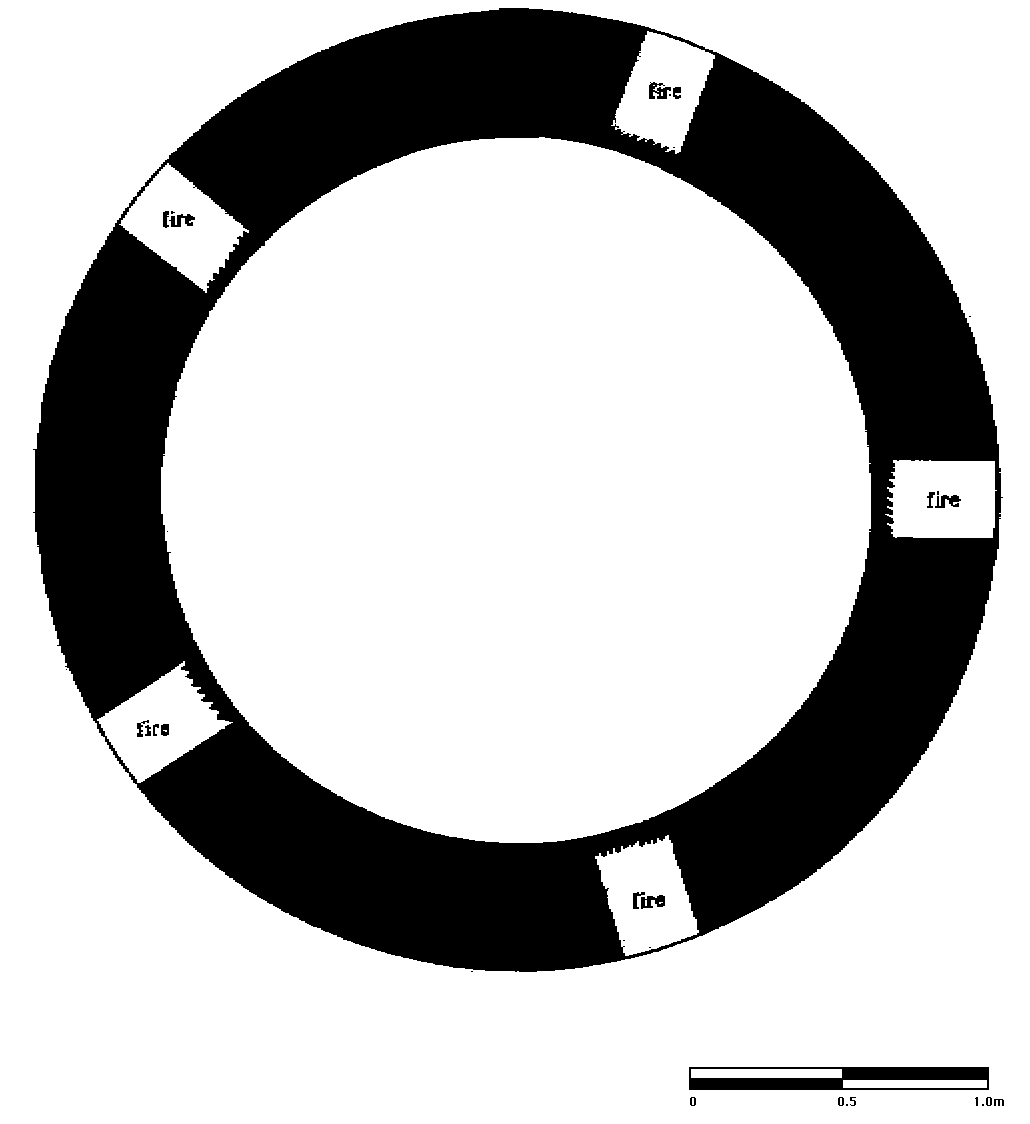
The site of Pardoe's pottery and clay pipe works at Nantgarw is currently being cleared of undergrowth and conserved by a team from the Glamorgan-Gwent Archaeological Trust, funded by grants from the Welsh Office and the European Regional Development Fund. There are the remains of three bottle kilns on the site.
In 1931 the kilns and buildings were still standing though in a state of disrepair. At that time a survey was undertaken by Isaac Williams for the National Museum of Wales (Williams 1932, 108-143). Plans and photographs of the structures were made and trial excavations effected. At least three accredited witnesses were interviewed, John Pascal Pardoe, Thomas Percival Pardoe and Jacob Phipps, formerly employed on the site as a pipe-moulder.
William Henry Pardoe made pipes on the site from 1833 until 1867. His descendants continued until 1920. The base of the kiln used to fire pipes in latter years survives. The kiln was a two storey design with the pipes fired in saggars in the lower chamber and small pipeclay pots in the upper. The plan shows five fire mouths. Details of the kiln floor and inner reaches of flues are obscured by fallen brickwork. This kiln features in a woodcut by Llywellynn Jewitt dated 1868 (ibid, 109).